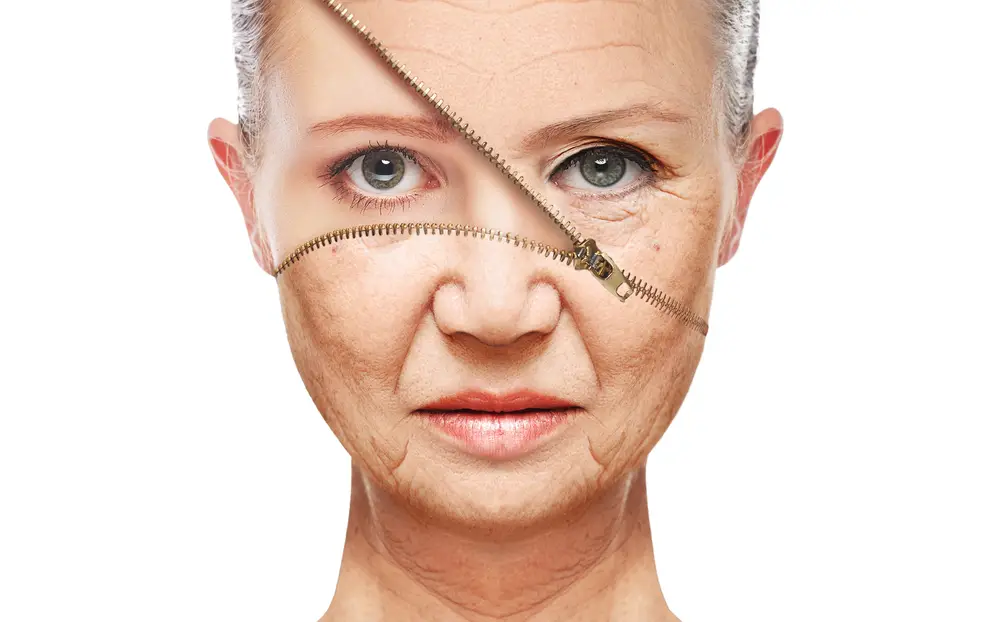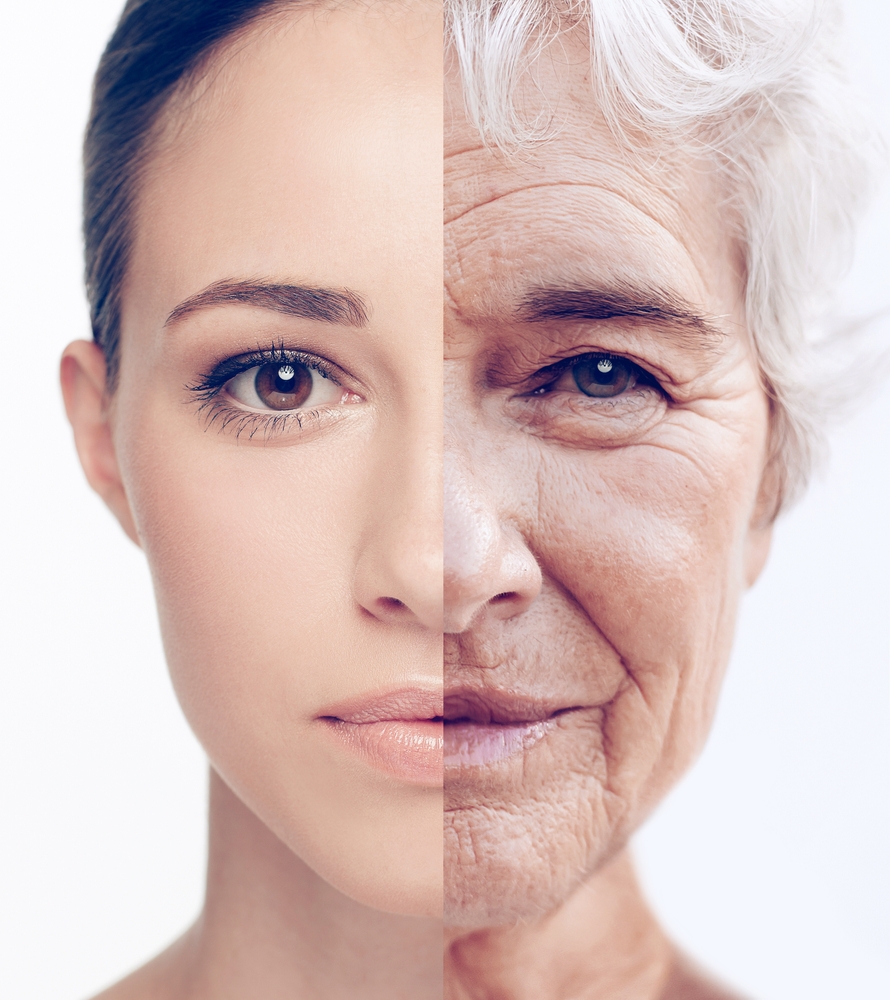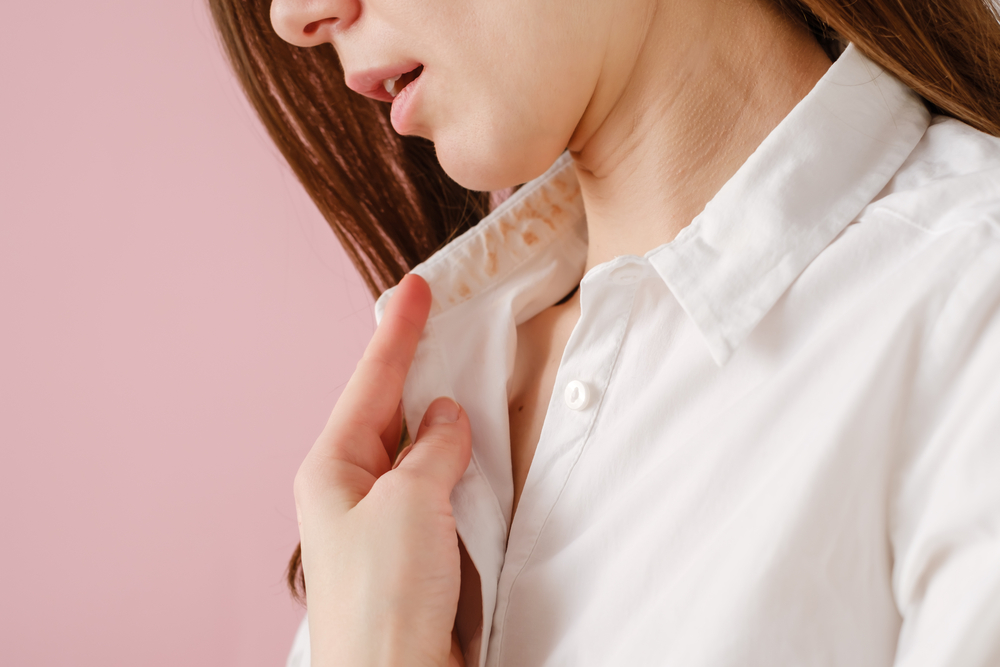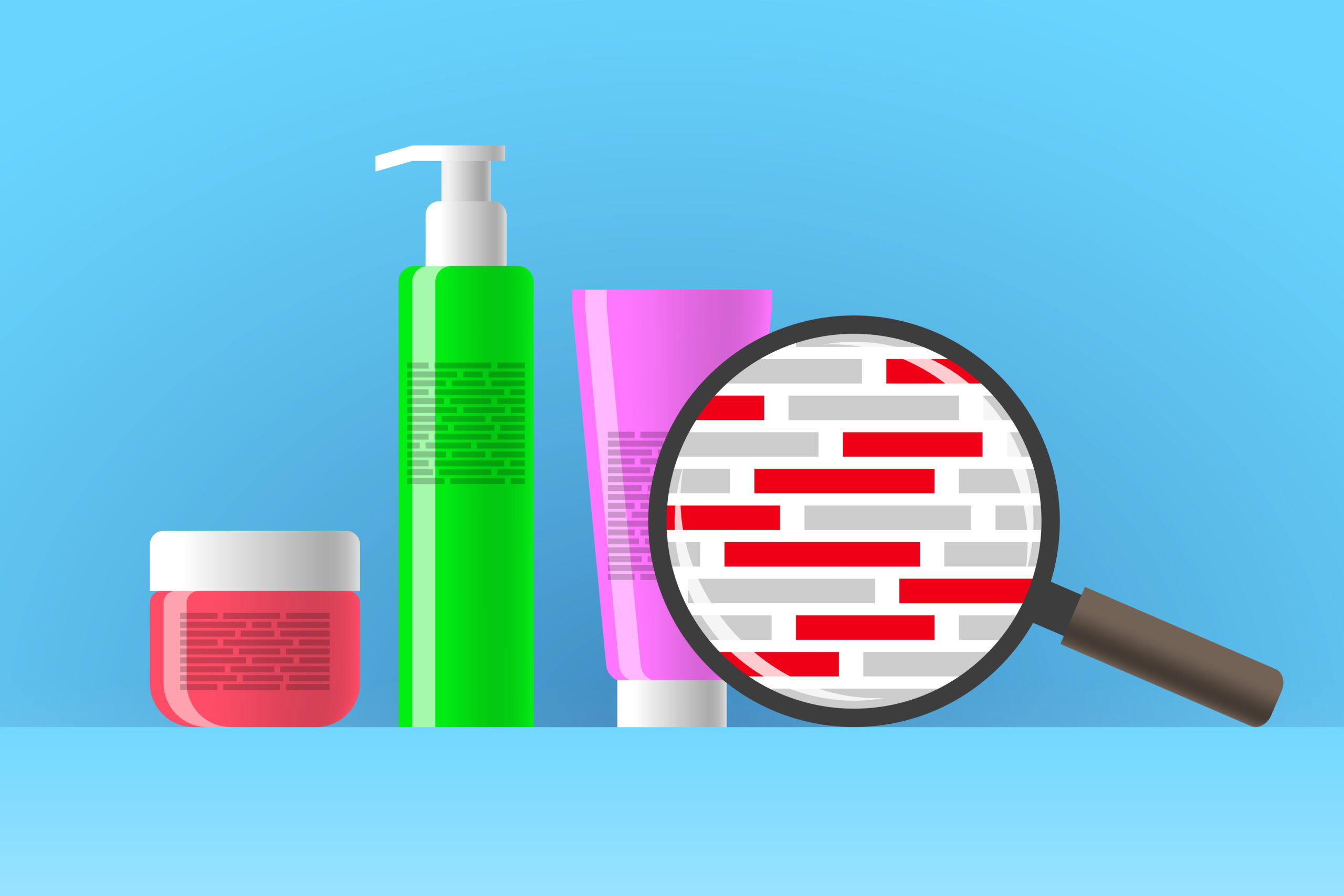We’ve all had those frustrating bad hair days when our strands feel oily just hours after washing them. If you have come to look like an oil slick, it’s worth nothing. Some of your daily habits could be contributing to the grease factor. Here are 15 ways you might accidentally make your hair greasy, along with tips to keep your locks fresh and clean.
1. Wearing Hats Too Often

Hats are a fun and sun-safe accessory; however, constantly wearing hats can trap heat and oil against your scalp, making your hair turn greasy over time. Give your hair a break from hats and let it breathe to avoid excessive oil buildup and a greasy mane.
2. Over-Washing Your Hair
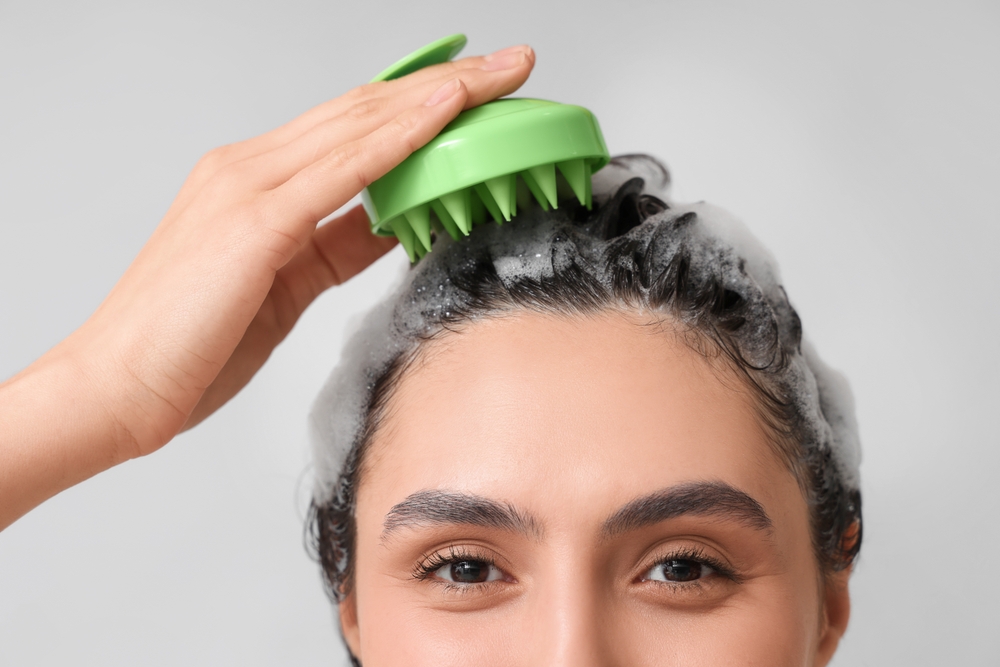
Whether you’ve been at the gym or out in the heat, it might be tempting to wash your hair every single day, but this could be causing it to go greasy. Washing your hair too often can strip it of natural oils, causing your scalp to produce even more oil to compensate. Try reducing the frequency of washes and using dry shampoo in between to keep your hair fresh.
3. Using Too Much Conditioner
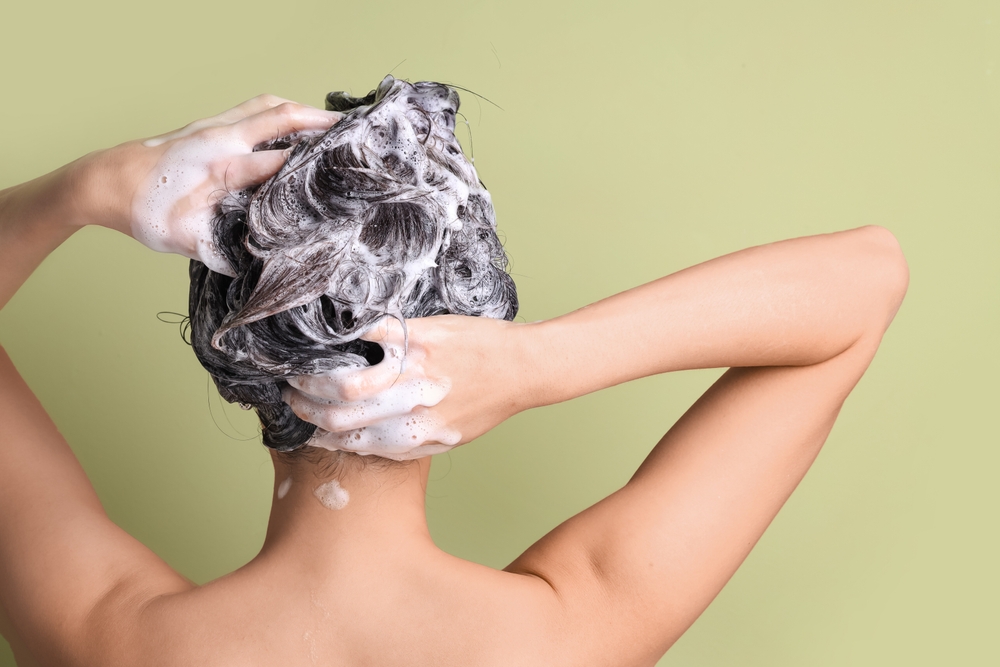
Conditioner is heavy with oils and other emollients. Applying conditioner too close to your roots can weigh down your hair and make it greasy. Similarly, if you use too much conditioner, you’ll find your hair will be greasy even after you dry it. Focus on conditioning the mid-lengths and ends of your hair instead, where moisture is most needed.
4. Touching Your Hair Constantly
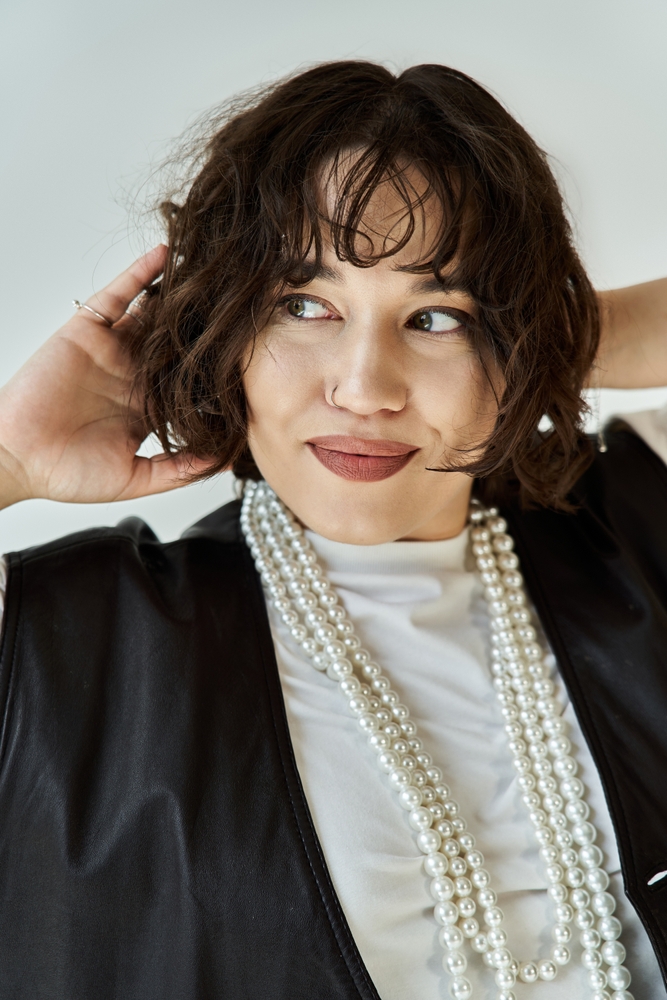
Whether you’re getting your hair out of your face or you have a habit of touching your hair, this is a surefire way to turn your hair oily. Running your hands through your hair can transfer oils from your fingers to your strands, making them greasy faster. Try to keep your hands off your hair as much as possible or tie it away from your face to prolong its cleanliness.
5. Using the Wrong Shampoo
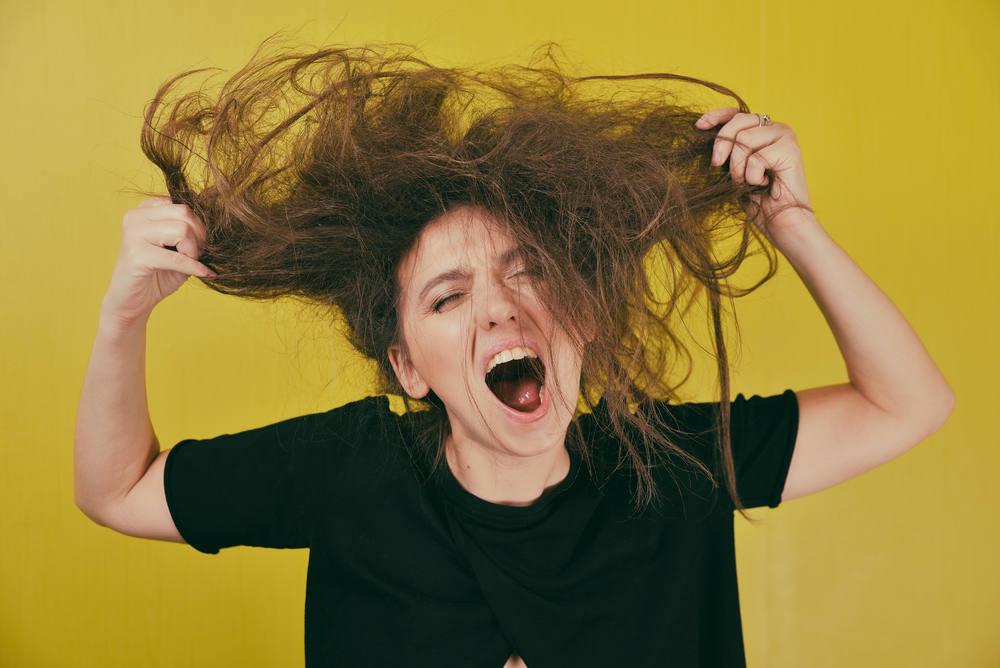
Sometimes it’s not your conditioner causing greasiness, it’s your shampoo. Some shampoos, especially those with heavy moisturizing ingredients or silicones, can leave residue on your scalp, leading to greasiness. Opt for a clarifying shampoo that removes buildup without stripping your hair of essential oils.
6. Not Rinsing Thoroughly
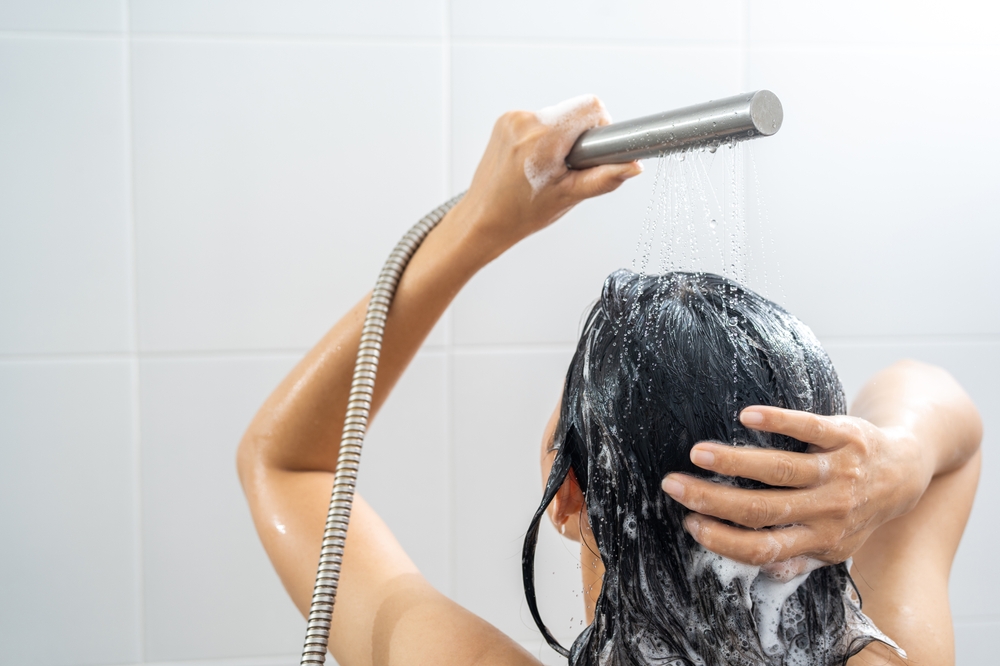
If you have greasy hair even after washing it, it may be because you haven’t thoroughly rinsed it out. Leaving shampoo or conditioner residue in your hair can weigh it down and make it greasy. Make sure to rinse your hair thoroughly until the water runs clear to prevent leaving the shower with greasy hail.
7. Overusing Hair Products
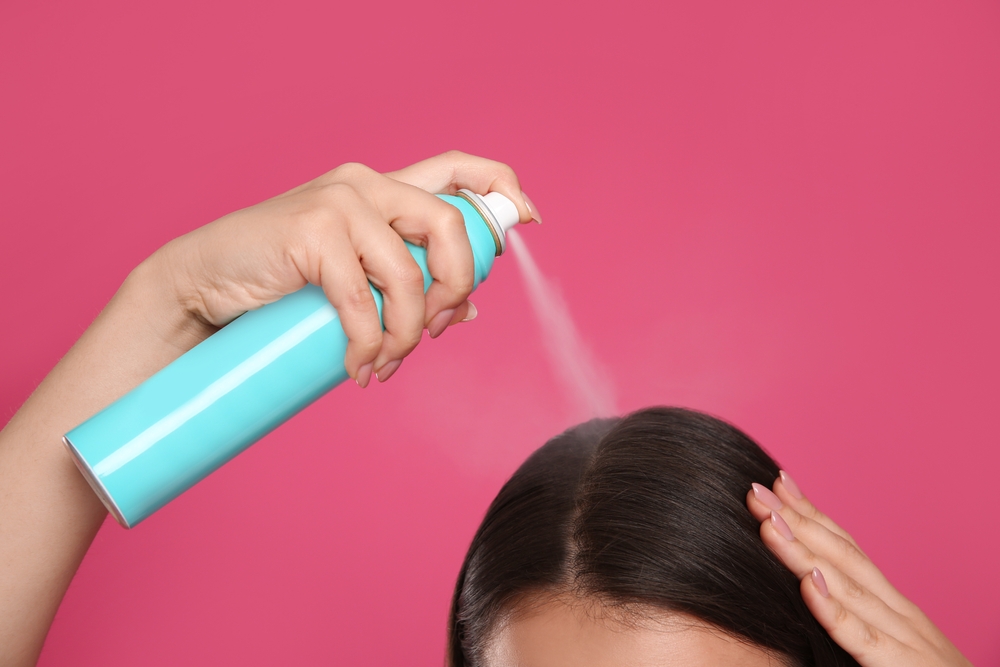
Just like our skin can only absorb so much product, our hair can only take so many gels and sprays, too. Applying too many styling products, such as serums or gels, can make your hair appear greasy. Use a minimal amount and focus on applying products only to the ends of your hair to avoid buildup at the roots. Always wash out products from your hair to ensure that your mane is clean.
8. Using Hot Water
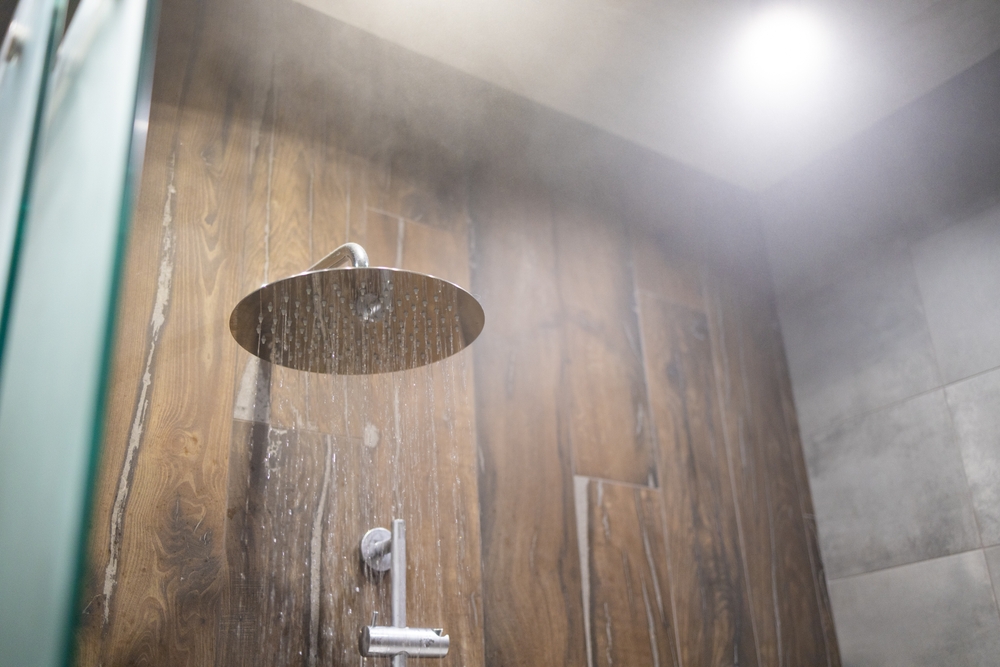
Washing your hair with hot water can stimulate your scalp’s oil production, producing greasier hair. It can also damage the hair shaft and lead to thinning, damaged hair. Opt for lukewarm water instead, and finish with a cool rinse to seal the cuticles and reduce oiliness.
9. Not Cleaning Your Hairbrush
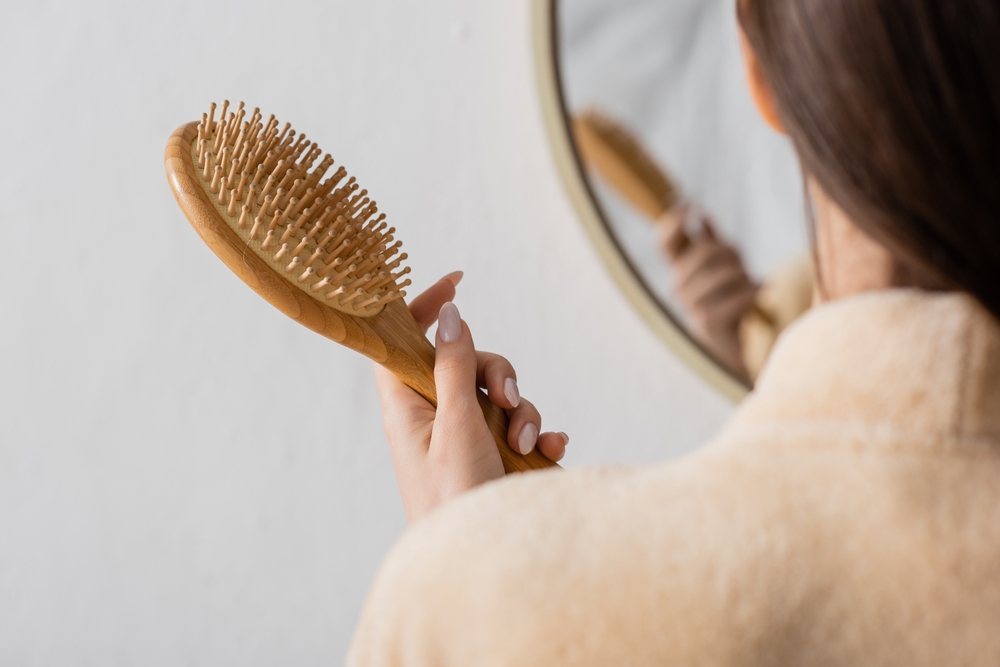
Brushing your hair is important to keep it detangled and clean. However, a dirty hairbrush can accumulate oil, dirt, and product buildup, which can be transferred back to your hair each time you brush it. Clean your hairbrush and remove dead, loose hair from the bristles to avoid buildup.
10. Skipping Regular Haircuts
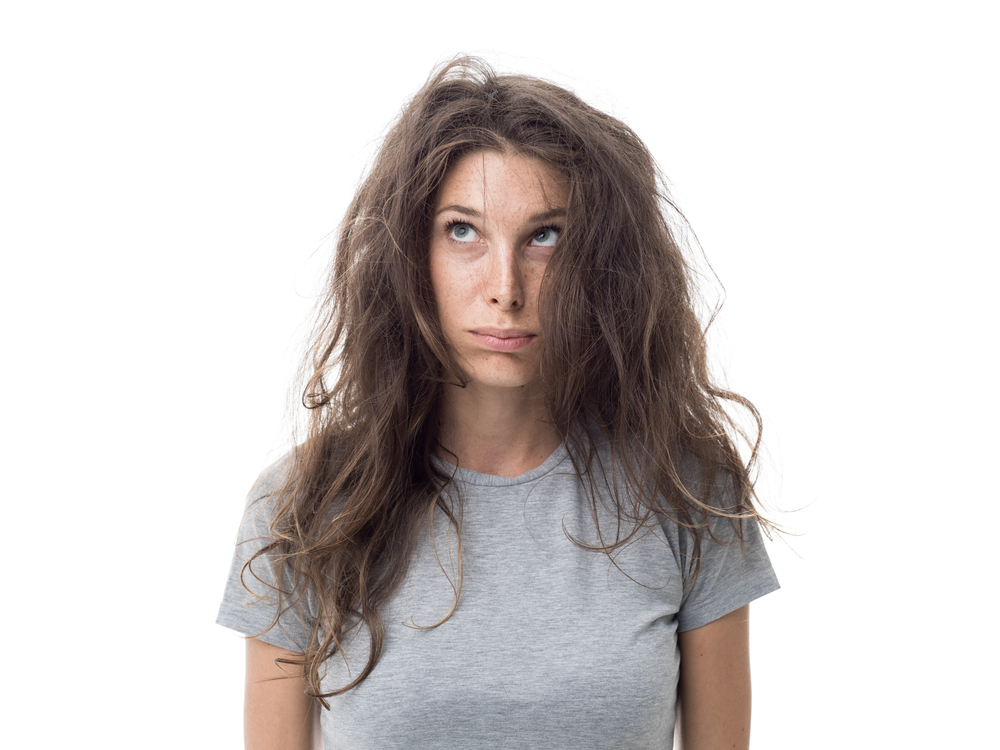
You might think that skipping haircuts is a great way to grow out your hair, but the opposite is true. Missing haircuts can cause split ends and damaged hair to run rampant, leading to oil buildup as your scalp tries to compensate for the dryness. Regular trims help maintain healthy hair and reduce the appearance of greasiness.
11. Using Dirty Pillowcases
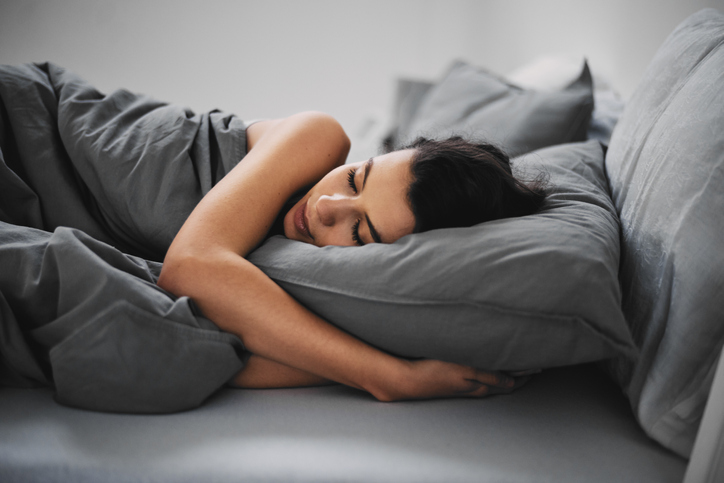
Pillowcases can collect oil, sweat, and dirt from your skin and hair, which can transfer back to your hair overnight. So, not only can dirty pillowcases cause acne, but they can make your hair excessively oily. Make sure you wash your pillowcases regularly to keep your hair looking fresh and clean.
12. Over-Conditioning Your Scalp
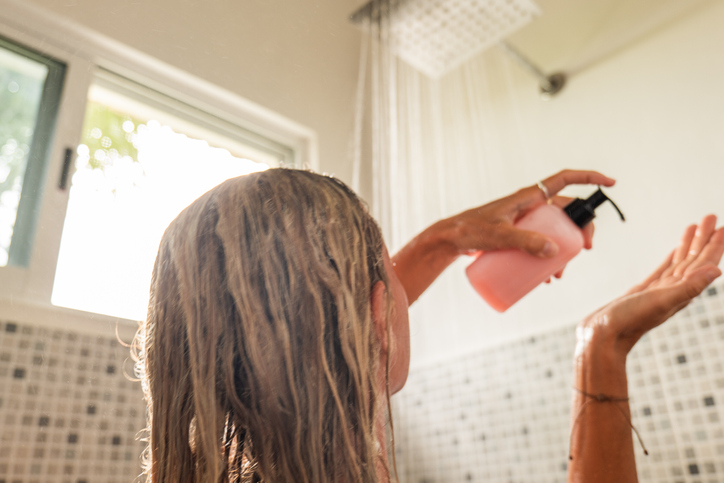
Conditioner is usually the biggest offender when it comes to oily hair, and in case you didn’t know, you shouldn’t be conditioning the roots of your hair or your scalp. Conditioning your scalp directly can clog pores and lead to excess oil production. Keep conditioner away from your roots and focus on the lengths and ends of your hair.
13. Brushing Your Hair Too Much
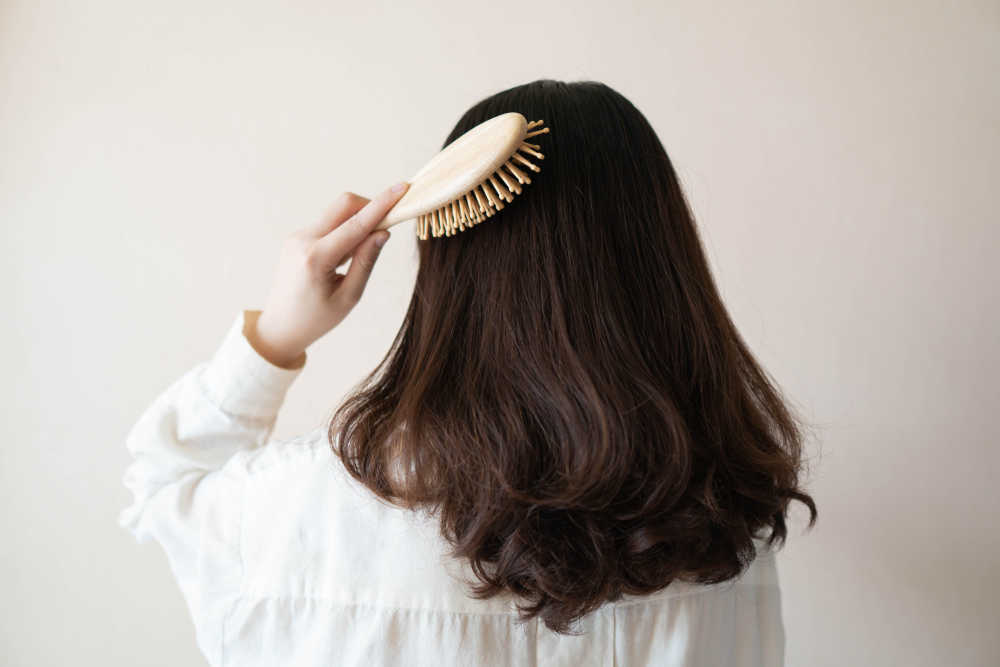
Yes, there is such a thing as brushing your hair too much. While brushing your hair distributes natural oils in a healthy way, doing it excessively can cause your scalp to overproduce oil. Brush your hair just enough to detangle it and distribute oils evenly without overdoing it.
14. Using the Wrong Pillow Material
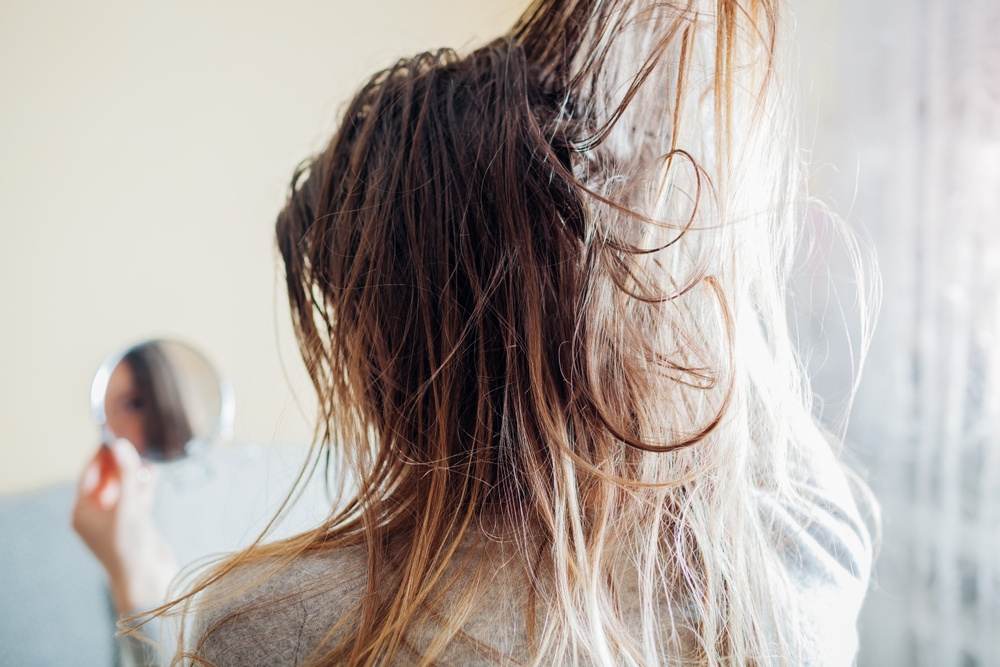
Certain materials, like synthetic fabrics, can trap heat and oil against your scalp, leading to greasy hair. The best way to keep your mane grease-free, frizz-free, and damage-free is to opt for a silk or satin pillowcase. These fabrics will reduce friction and keep your hair looking fresh.
15. Eating a Poor Diet

Even if you’re doing all the right things regarding haircare, if you’re eating a poor diet, you could accidentally make your hair oily. A diet high in greasy or fatty foods can produce excess oil on your scalp. Ditch greasy, saturated foods for healthy vegetables and fruit for a fresh mane that always looks its best.

